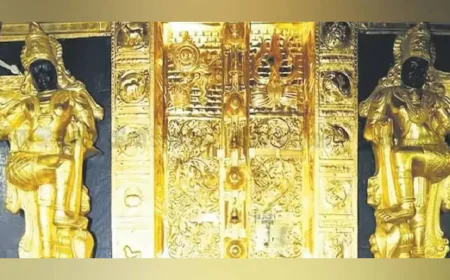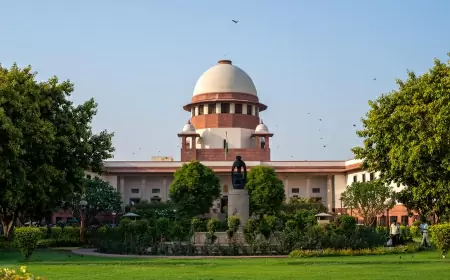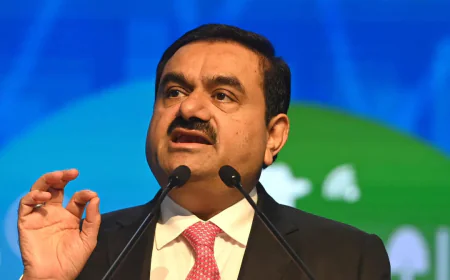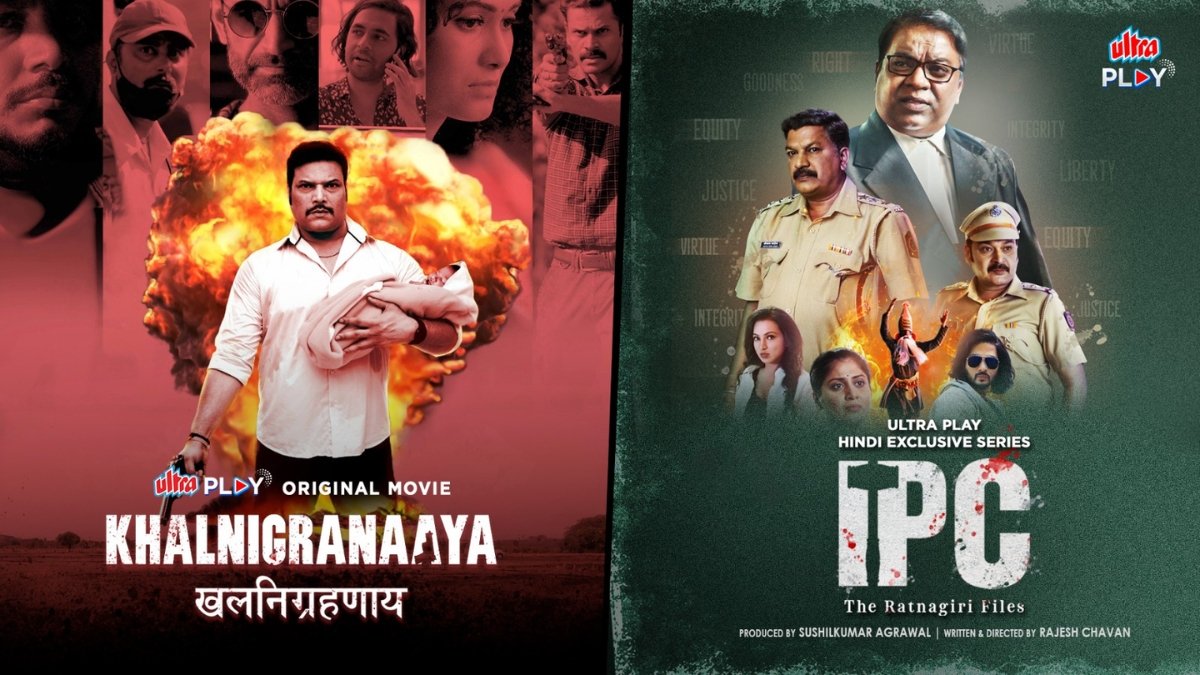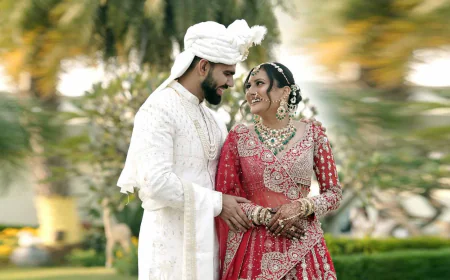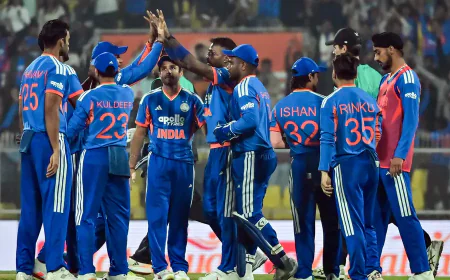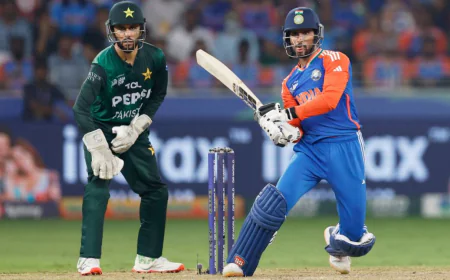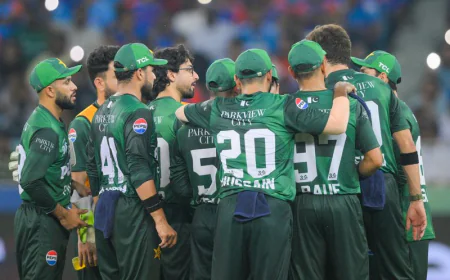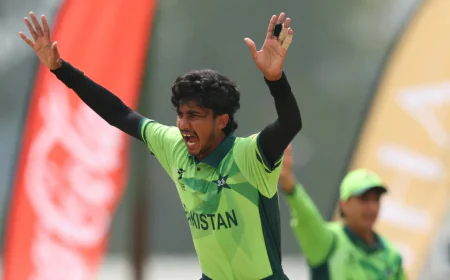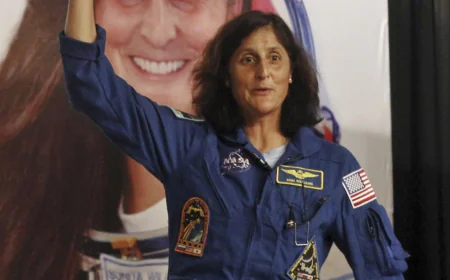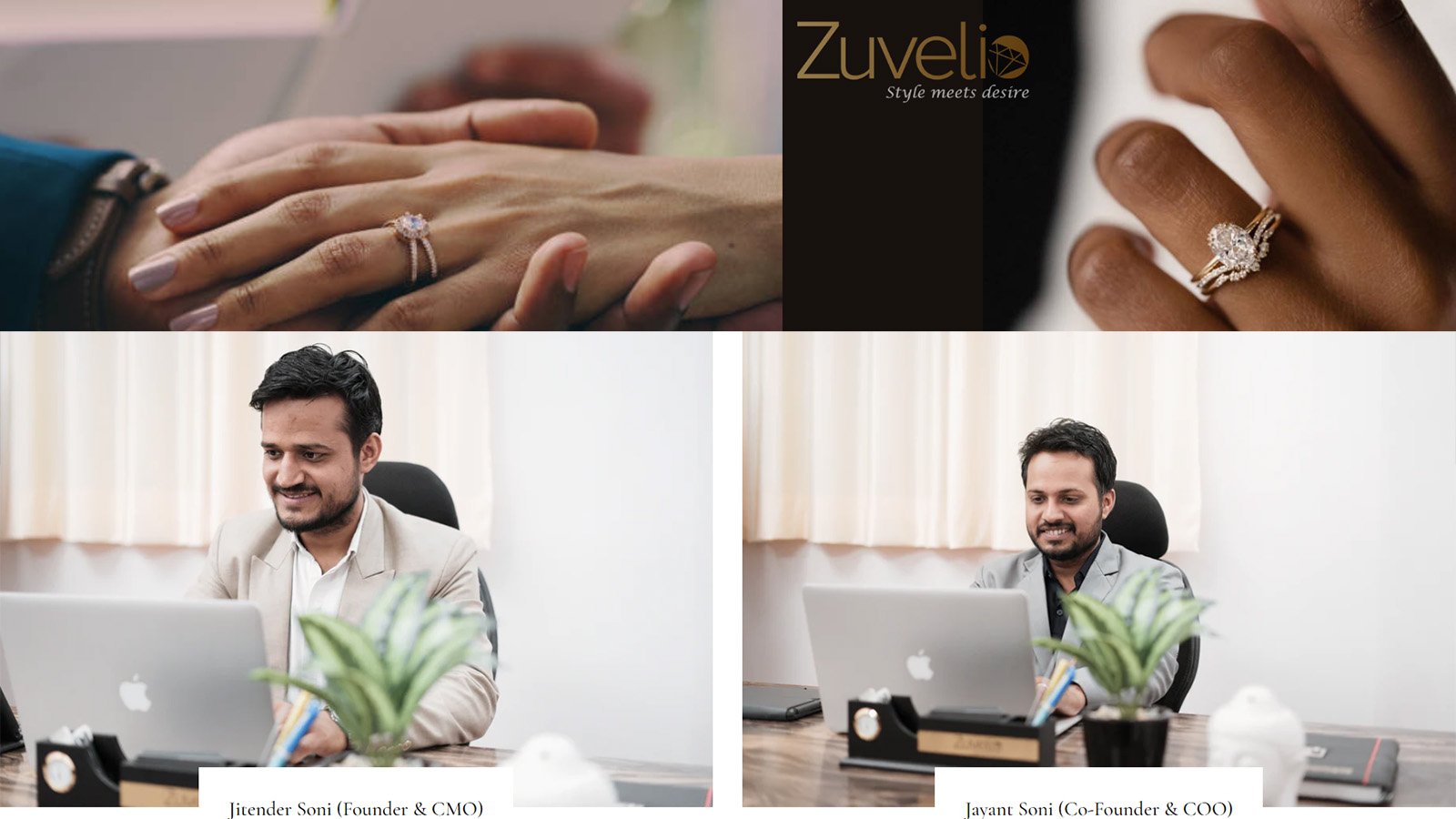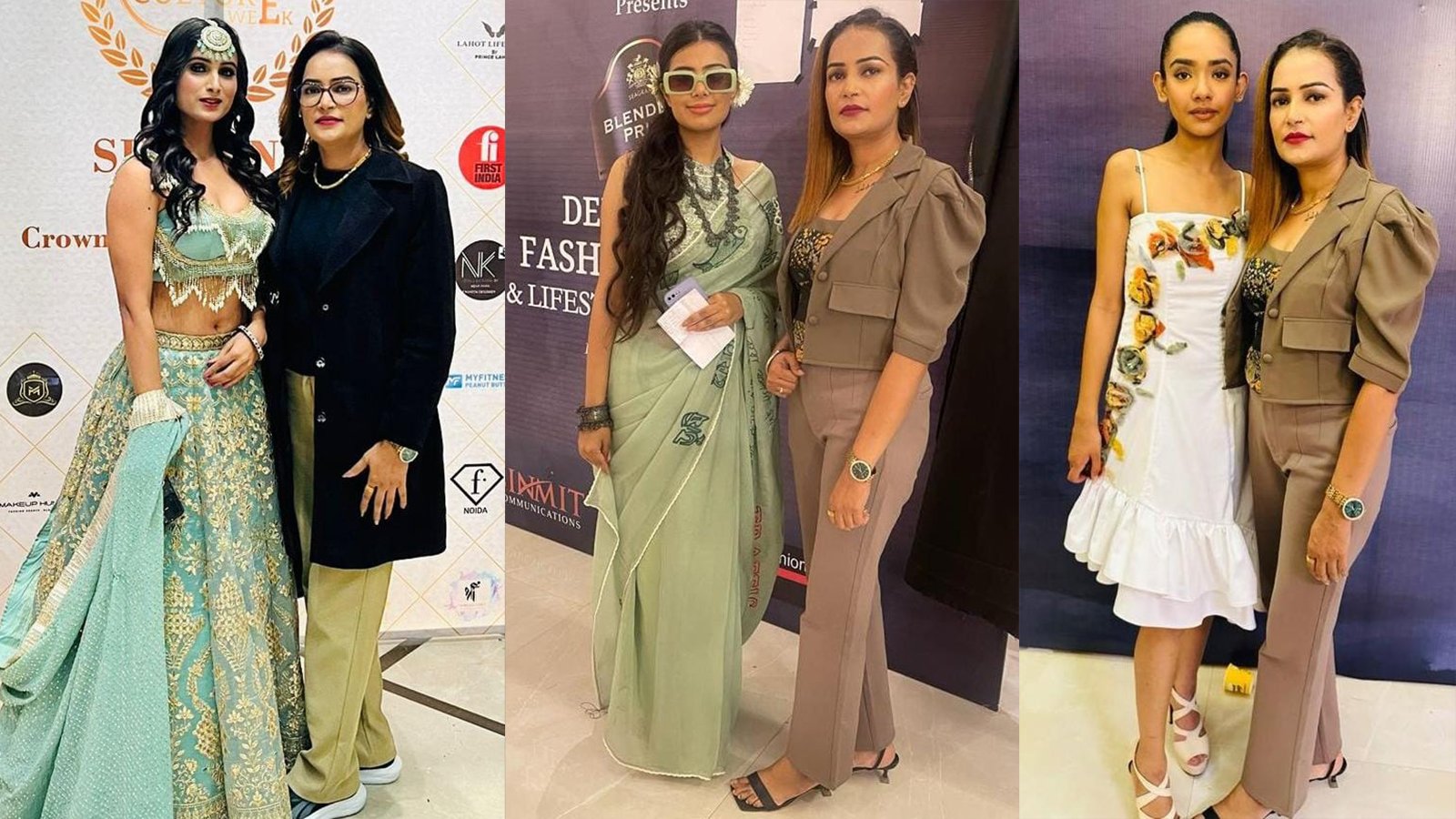Same-Sex Marriage: Justice Chandrachud's big statement, says heterosexual eunuchs have the right to marry
Justice Chandrachud has said that heterosexual eunuchs have the right to marry under the existing law. There are even personal laws that regulate marriage. Justice Chandrachud has ordered in the judgment that states should enable queer (LGBTQ) people to exercise their rights. They cannot be harassed by their families, police, or other agencies.
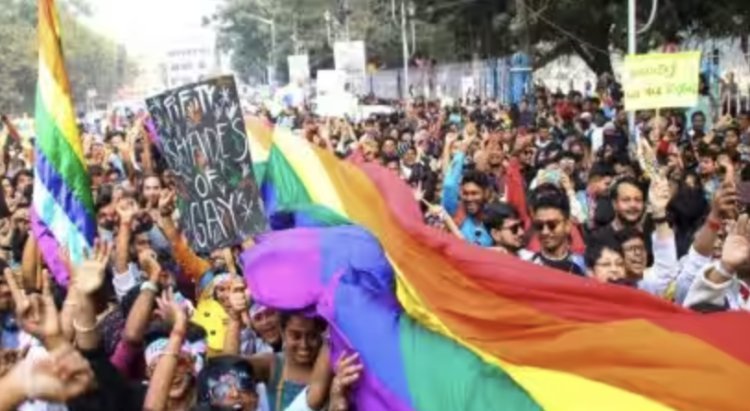
Justice Chandrachud has said that heterosexual eunuchs have the right to marry under the existing law. There are even personal laws that regulate marriage. Justice Chandrachud has ordered in the judgment that states should enable queer (LGBTQ) people to exercise their rights. They cannot be harassed by their families, police, or other agencies.
Justice Chandrachud, while recording in the order the assurance of constituting a high-level committee by the government, has said that experts and all stakeholders will also be included in the committee. This committee will consider considering the same-sex partner as a member of the family for a ration card, or joint account and including the partner as a nominee.
It will even consider the right to visit in jail the right to receive the body after death and the right to perform the last rites. Justice Chandrachud said many other things. Justice Kaul has agreed with Justice Chandrachud's decision to give some more rights to homosexuals. He said that homosexuals and heterosexuals should be seen as two sides of the same coin.
Want to get your story featured as above? click here!
Want to get your story featured as above? click here!
Justice Bhat disagreed with Justice Chandrachud's decision on some aspects. Although he agreed that marriage is not a fundamental right. Justice Kohli and Justice Narasimha also agreed with Justice Bhat's decision. He said that the Special Marriage Act is not discriminatory. The right to marriage cannot be considered a fundamental right. This is a matter that should be left to the legislature.
Justice Bhat cited various laws regulating the institution of marriage. He said that only through law can marriage be recognized or have legal status. The court cannot give such an order. Referring to the earlier decisions of the Supreme Court in the Shakti Vahini and Shafin Jahan cases, he said that those cases were steps taken to protect couples from violence in the state.
However, he has emphasized the state's responsibility to protect homosexuals from violence. Justice Bhat has also recorded the views of the high-level committee in the order and said that the opinion of all the states and union territories should also be taken. Justice Bhat issued several directions. Justice Narasimha has given a separate judgment concurring with Justice Bhat. He also said that there is no fundamental or unconditional right to marriage. He has also expressed disagreement with the Chief Justice on some issues.


